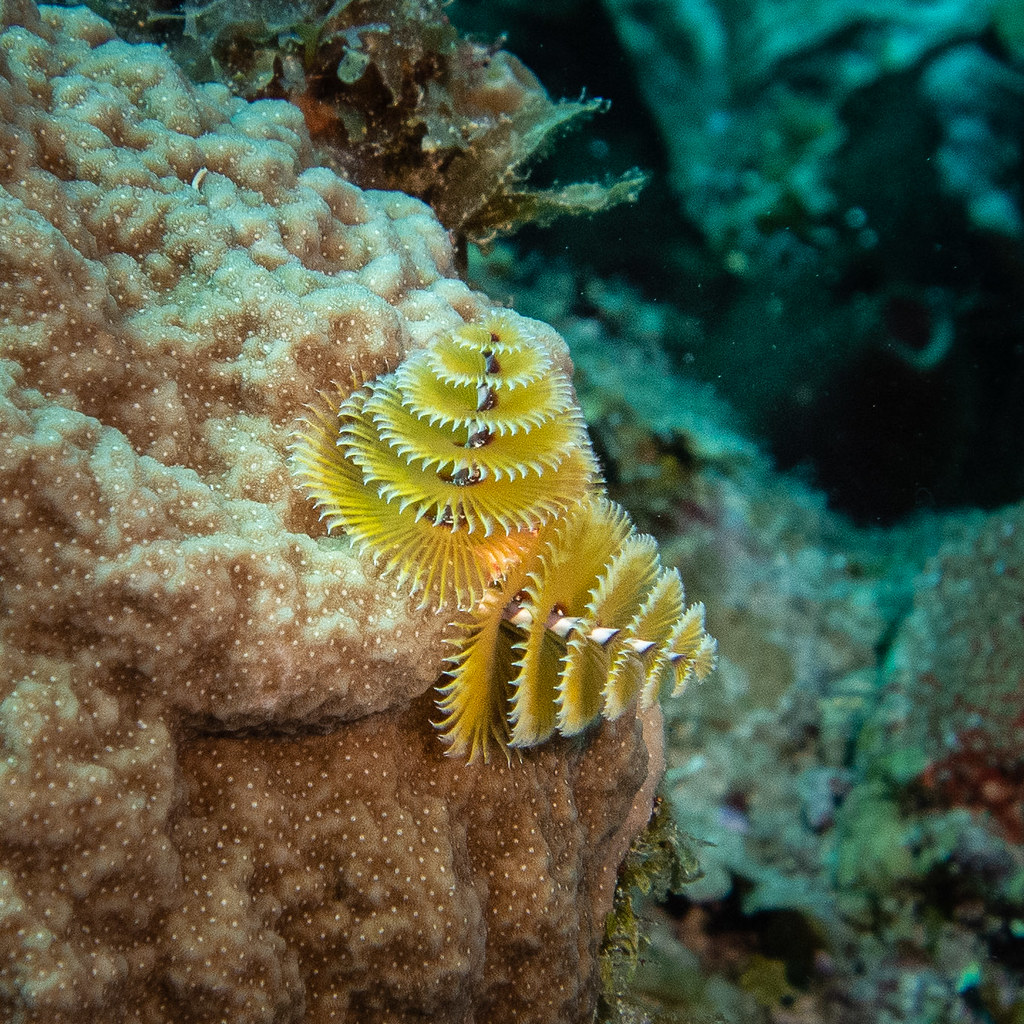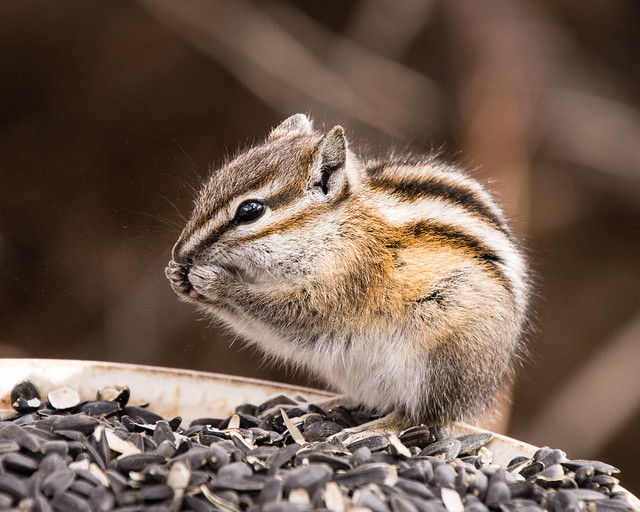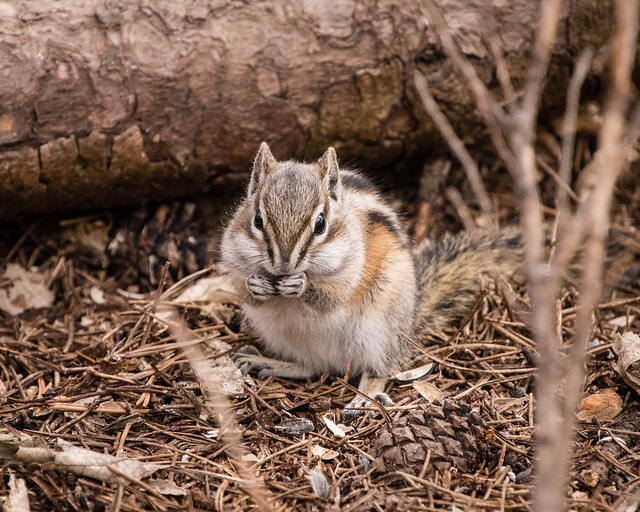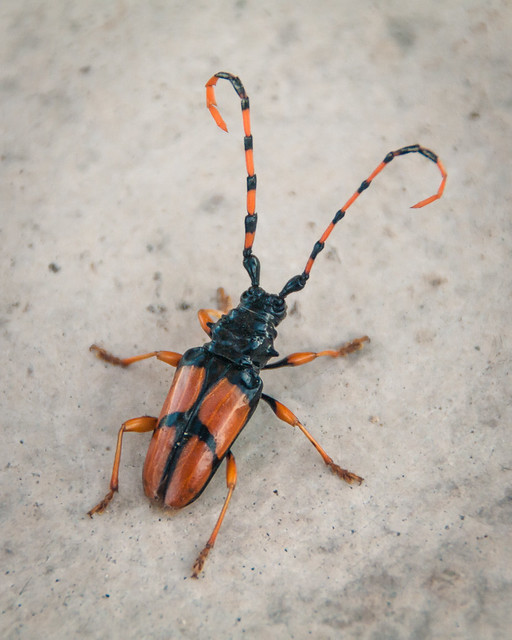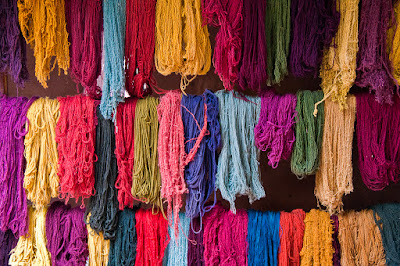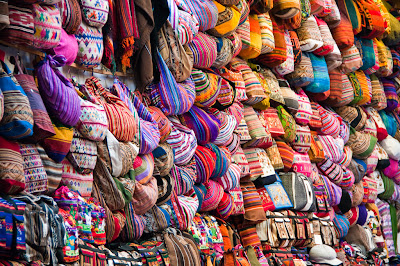Ocean-dwelling Christmas tree worms use their festive crowns to catch dinner as it floats by. [Oceana]
Participate in iNaturalist’s Winter Bug Project from now until March 1, 2022. Photograph any arthropod (insect, spider, sowbug, etc.) found active indoors or out – in Alberta or Saskatchewan – on land or in water (but not including pets or pet food) and post it online. Experts will help you identify it and it will be added to the count.
Gardening at USask is offering the following online classes, beginning at 7 pm:
Jan. 3 – Winter Compost Tips
Feb. 7 – Wasps
Details about all upcoming events can be found on the EcoFriendly Sask Calendar
Construction
Climate Caucus, a group of locally-elected climate leaders, has asked the federal government to adopt an energy-efficient, zero-carbon, outcomes-based building code that will set a high standard for local governments. [LinkedIn]
“If buildings are to make meaningful contributions to keeping global temperature rise to 1.5 C above pre-industrial levels, limiting emissions from building materials is crucial.” [The Conversation]
“Instead of funding new and wider roads, we should build places where people want to slow down and get out of their cars.” [Undark]
A cartoon lampoons the growing size of trucks and SUVs – Share the road? No way! [The Nib via Planetizen]
Toronto has amended its bylaws to allow pedal-assisted cargo e-bikes for personal and commercial delivery purposes, but “emerging issues regarding vehicle and pedestrian safety highlight a need to examine how best to regulate cargo e-bikes.” [Pembina Institute]
Consumption
The sale of peat to gardeners in England and Wales will be banned by 2024. The government hopes to end use of peat in the professional horticulture sector by 2028. [The Guardian]
Le Printemps, an iconic Parisian department store, has transformed its top floor into an haute couture and vintage thrift store that also showcases sustainable brands. [Sortir à Paris]
“The Day the World Stops Shopping offers a thought experiment: what if, overnight, we reduced shopping by 25%? What would happen? … What would it mean for fashion brands? What about the people who make those clothes in low income countries? How would it affect the advertising industry, or traffic rates? What would happen to the global economy, and to carbon emissions? Nature gets a look in too, with a chapter investigating the impact on wildlife.” [book review, The Earthbound Report]
Water
Proposed coal mining in southern Alberta could lead to contamination of the South Saskatchewan River from metals such as arsenic, selenium, and cadmium. “If you’re going to look at mining development of the headwaters, you have to look at the whole river basin, the whole watershed, and follow the impacts downstream … And that hasn’t been done.” [The StarPhoenix]
Shifting Priorities
“Genuinely sustainable investing could help shift trillions of dollars toward renewable energy and other clean technologies, but only with strong parameters. So far, however, there are no stringent requirements in Canada for climate disclosures, nor is there a single set of standards for what counts as a sustainable investment—regulatory gaps that can make it hard for climate-conscious investors to know how to make the right choices.” [The Walrus]
Wishing you a very happy Christmas from Andrew and Penny at EcoFriendly Sask. We’ll be back next Tuesday with a Boxing Day Book Special and EcoSask News will resume on January 4.
Snowshoe Hare snort when they’re annoyed. Find out more on EcoFriendly Sask’s free nature website/app for Canada’s 4 western provinces. [Nature Companion]
EcoFriendly Sask supports Saskatchewan environmental initiatives through an online publication, an events calendar, small grants, and the Nature Companion website/app. You can follow EcoFriendly Sask by liking us on Facebook, following us on Twitter, or subscribing by email (top right corner).
